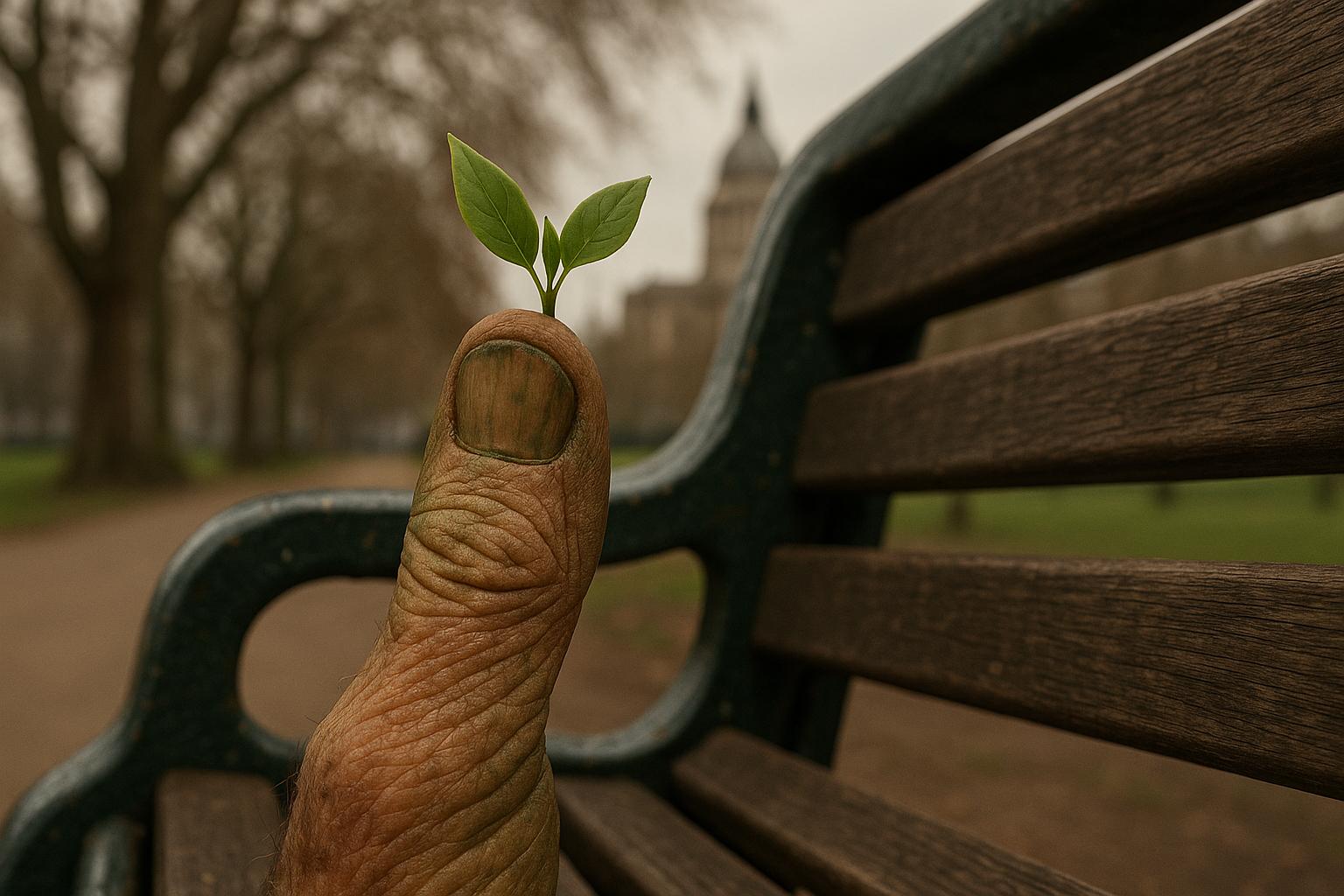Mathew Frith, a pioneer of urban nature conservation whose work significantly shaped green spaces and wildlife preservation in London, has died at the age of 64 from a glioblastoma, a form of brain tumour. Frith’s legacy extends beyond the capital, marking him as an influential figure in championing urban biodiversity, promoting citizen science, safeguarding crucial wildlife habitats from development, and enhancing public access to natural environments within cities.
Frith’s career began in earnest in 1989 when he joined the London Wildlife Trust (LWT), an organisation committed to creating greener, more inclusive urban spaces. During his tenure as warden of Sydenham Hill Wood from 1990 to 1995, he engaged deeply with urban woodland ecology, managing volunteers and developing an intimate understanding of how these green spaces function within a metropolitan context. His expertise later led him to roles at English Nature, where he acted as an urban adviser, and participation in the government’s Urban Green Spaces Taskforce. There, he helped revise national guidelines to ensure equal public access to green spaces – a testament to his belief that nature should be universally accessible.
In 2002, Frith co-founded Neighbourhoods Green at the Peabody Trust, a groundbreaking £15.6 million initiative aimed at improving life for residents across 70 housing estates, blending social welfare with environmental stewardship. Returning to LWT in 2009, he served as director of policy and research, deputy chief executive, and director of conservation. His influence stretched further as he lectured at UCL Birkbeck and advised key organisations including the Commission for Architecture and the Built Environment, the Green Flag award scheme, and the mayor of London’s Rewilding Taskforce, an initiative dedicated to restoring nature in urban areas.
Born in Purley, Surrey, Frith’s fascination with nature was nurtured early on in south Croydon, where childhood experiences such as observing butterflies and exploring local woods left a lasting impression. He initially studied zoology at the University of Exeter but found the academic approach too narrow, prompting a brief detour into music as a guitarist with the rock band Loop. Yet, his passion for the natural world prevailed, leading him back to ecology with a role at the Greater London Council’s ecology unit.
Frith approached nature conservation not merely as environmental management but as a political act, vocally opposing the sprawl of London’s green belt that he described as “deserts.” He made significant contributions to protecting wildlife-rich sites like Hutchinson’s Bank in Croydon and Woodberry Wetlands in Hackney, the latter famously opened by Sir David Attenborough in 2016. His efforts have helped preserve and revive treasured local habitats, including Croham Hurst Woods, a place deeply meaningful to him.
Known for his distinctive style—characterised by white clothing, rings, bangles, and eclectic hairstyles—Frith was as passionate about common species like magpies as he was about rare discoveries, such as Impatiens frithii, a plant endemic to Cameroon named in his honour. Beyond conservation, he was exploring nature and travel writing through an MA at the University of Bath, seeking to refine his expressive, florid prose.
Mathew Frith’s contributions were formally recognised in 2023 with an MBE for services to the natural environment. He is survived by his wife, Keren Protheroe, whom he married in 2011, and his siblings Penny and Toby.
Frith’s life and work remain a powerful testament to the importance of integrating nature into urban life, showing how dedicated stewardship of green spaces can nurture both ecological diversity and vibrant communities.
📌 Reference Map:
- Paragraph 1 – [1]
- Paragraph 2 – [1], [2]
- Paragraph 3 – [1], [2], [3]
- Paragraph 4 – [1]
- Paragraph 5 – [1]
- Paragraph 6 – [1], [2]
- Paragraph 7 – [1]
Source: Noah Wire Services
